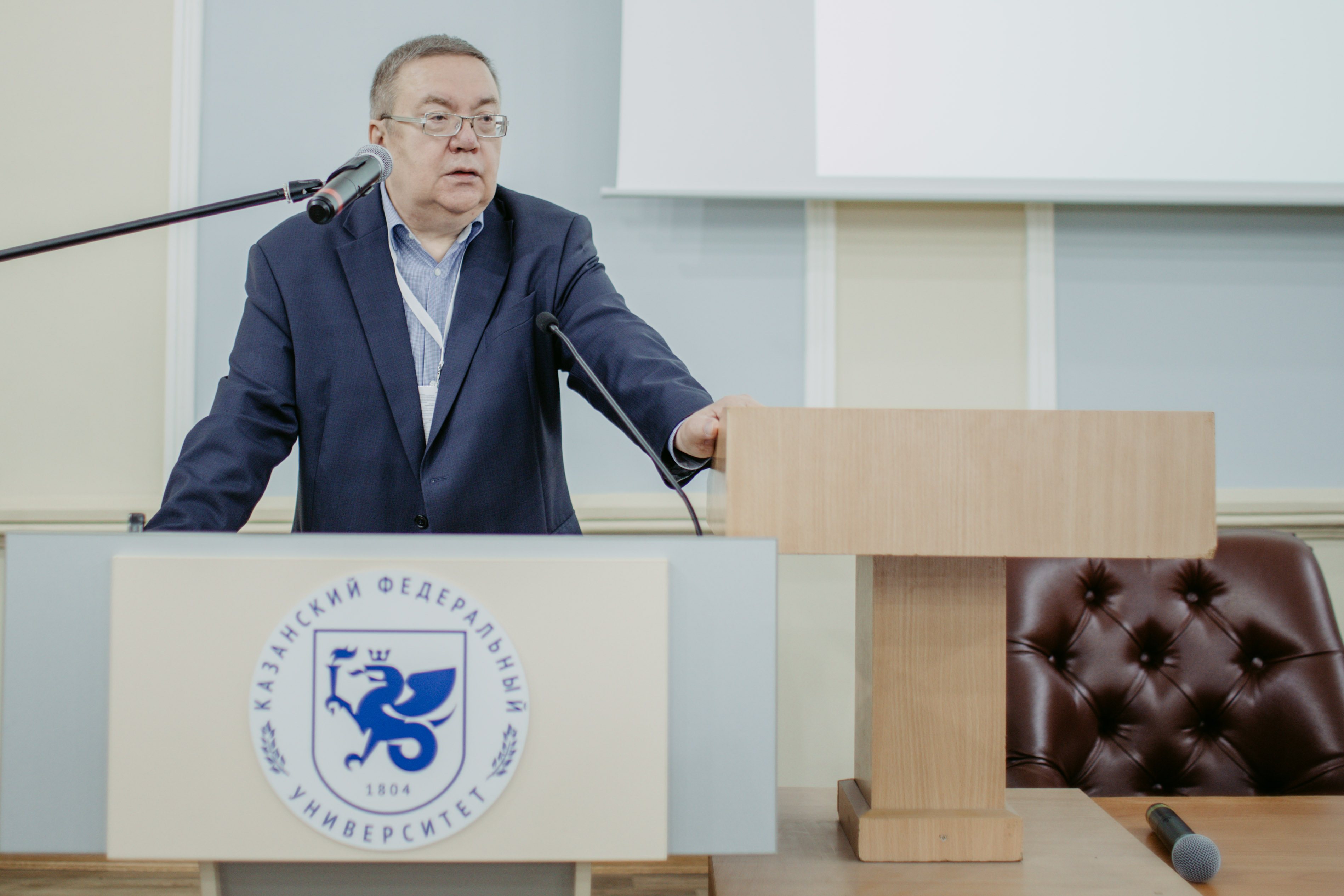
30th May was dedicated to young teachers and their professional adaptation.
Professor Viktor Bolotov (Higher School of Economics) spoke about major challenges to Russian pedagogical education. He mentioned that balancing scientific and practical education for children is still a problem, in particular with regards to digitization and widening of educational space. Among the issues currently studied by Muscovite scientists he specified collective teaching, meta-subject education, neurocognitive learning mechanisms, dynamics of personal and cognitive development of students, universal competences and literacy management.
Rector of Moscow Pedagogical State University Aleksey Lubkov outlined the big picture of teacher education of Russia. He opined that pedagogy should drift away from pragmatism and create a wider cultural approach to education with a special focus on moral values.
Austrian attitudes towards young teachers were described by Elisabeth Windl (University College of Teacher Education Lower Austria). She spoke about academic properties of teacher education in the country, specifically, the three stages of professional development – higher education, career planning, and continuous advanced training. She talked about mentoring relations between experienced educators and young professionals.
Overall, the second day included 35 panel sessions, roundtables, and workshops.
Source text: Galina Khasanova
Translation: Yury Nurmeev